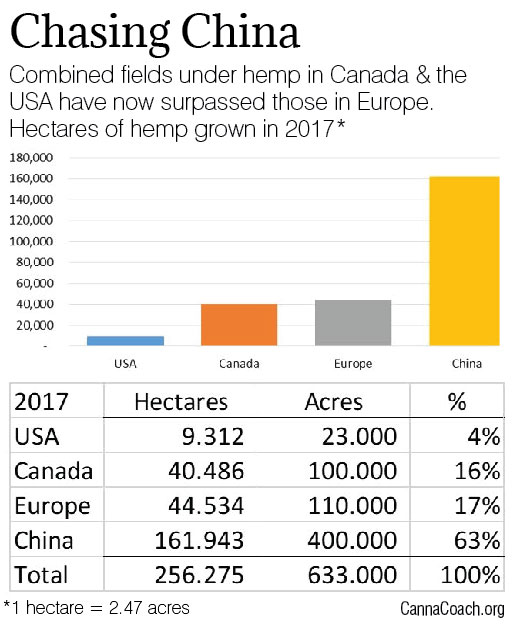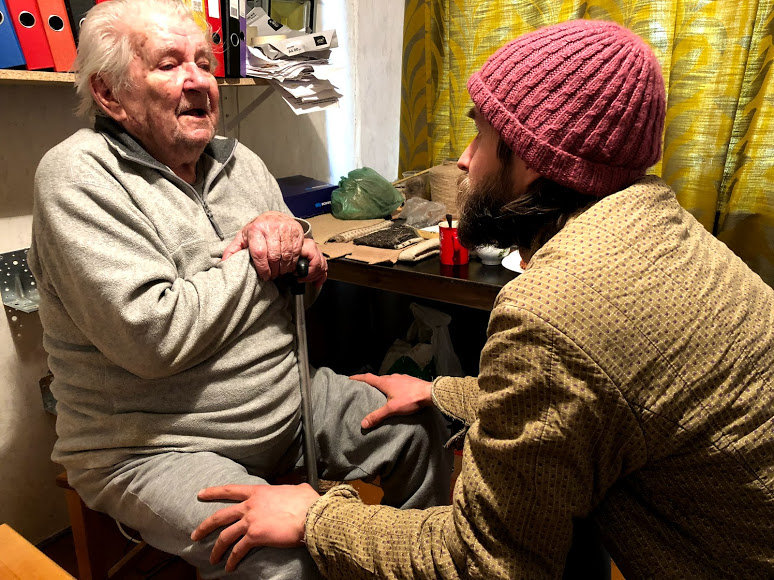(First of 2 parts)
By Arne Verhoef | HempToday – Hemp could play a major role in achieving nearly every goal of the so-called “Africa 2063” manifesto, and serve in nearly every aspect of the ambitious Accelerated Industrial Development plan for Africa (AIDA), driven by the African Union and the United Nations. There is no better single crop to help modernize African agriculture and bring more industrialization to African economies than hemp, with its adaptability as a crop and its broad array of potential end products.
Hemp can empower the rural poor and address systemic poverty by including small scale producers into agronomic value chains, and through investing in the skills and resources needed to produce the crop. Its many ancillary industries can drive rapid economic advancement, creating jobs and ensuring inclusive economic participation.
Keeping Africa clean
The crop can address food security, increase climate resilience and minimise Africa’s carbon output, keeping it at the lowest in the world without halting progress. It can create carbon-sensitive infrastructure and dignified, healthy and eco-friendly housing for the millions living in shacks and shanty towns.
Because hemp is a perfect crop to address the critical challenges faced by the continent, it should be in the vanguard of efforts aimed at sustainable economic, social and environmental development.
Addressing the barriers
But in Africa, the barriers are significant. The legislative challenges are immense, and a lot of grassroots work also still needs to be done to overcome rampant stigmas about cannabis in general, and to raise hemp’s profile on the continent. The potential of the crop escapes many everyday Africans. In some regions of Zimbabwe, for example, it’s believed that the plant’s seeds are poisonous. This in a country where malnutrition is relatively common due to protein-deficient diets, and where at least one native hemp variety produces an astounding amount of seed – potentially well-suited as seed crop. The general population needs to be convinced of the plant’s benefits, not just know its religious or recreational use.



